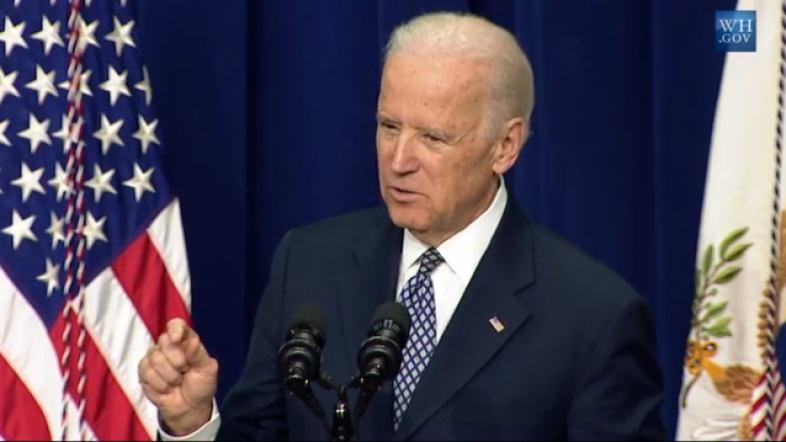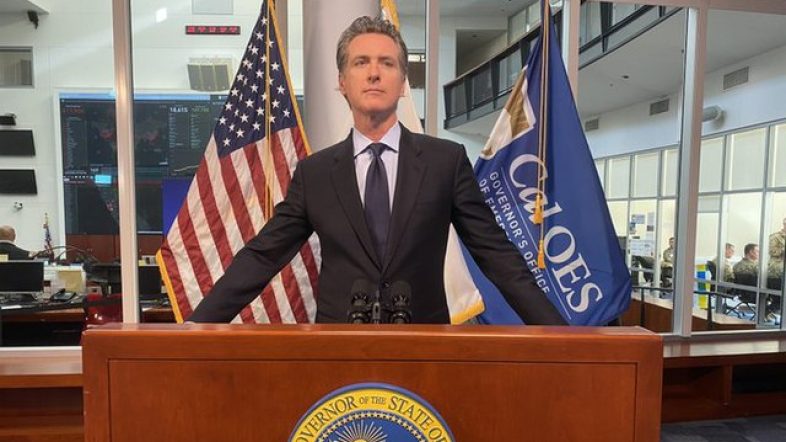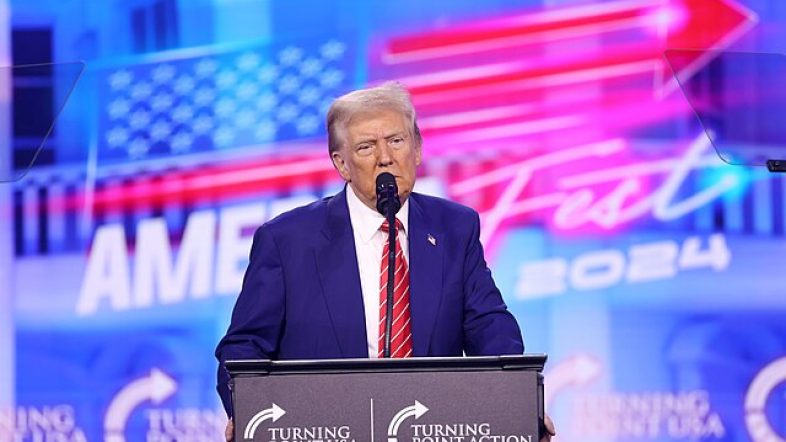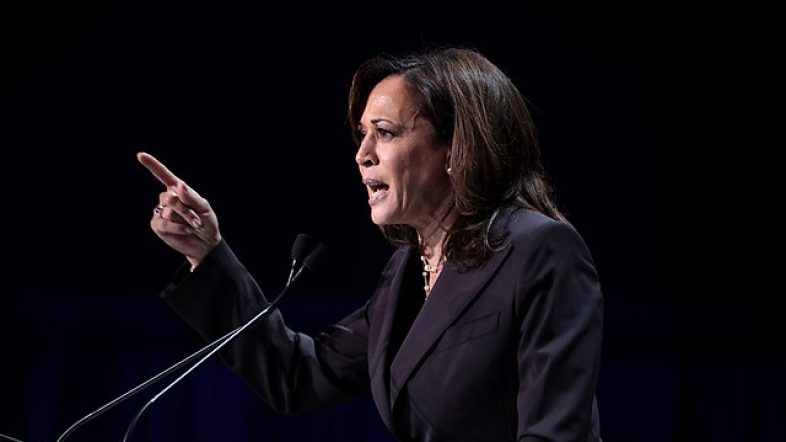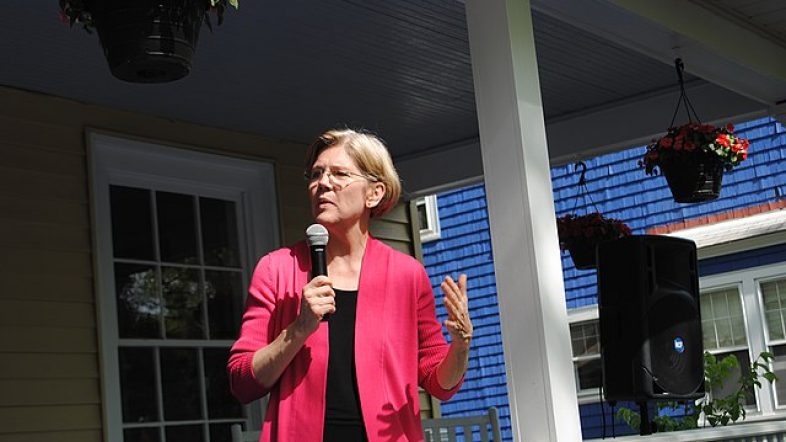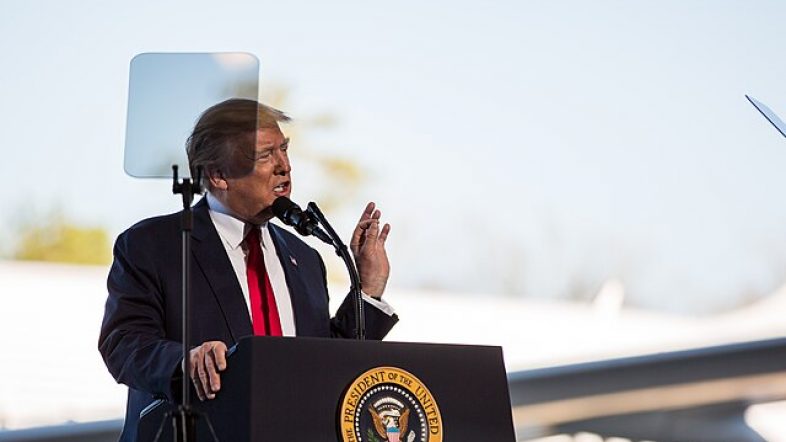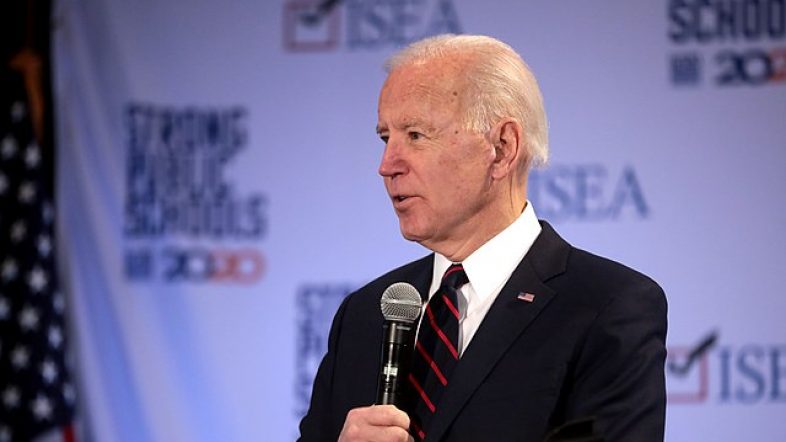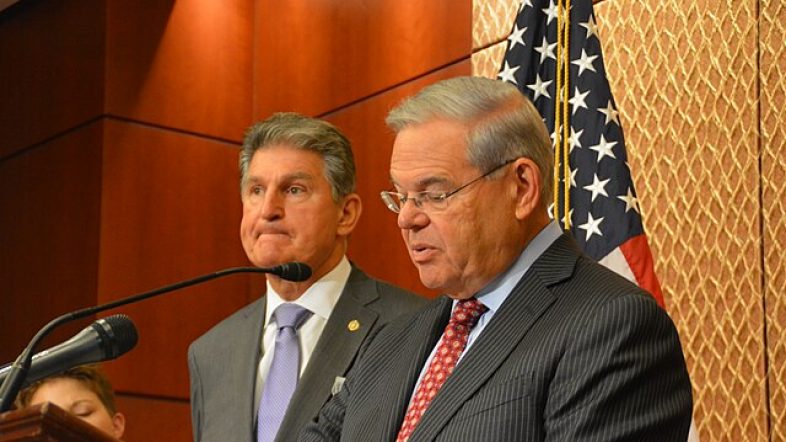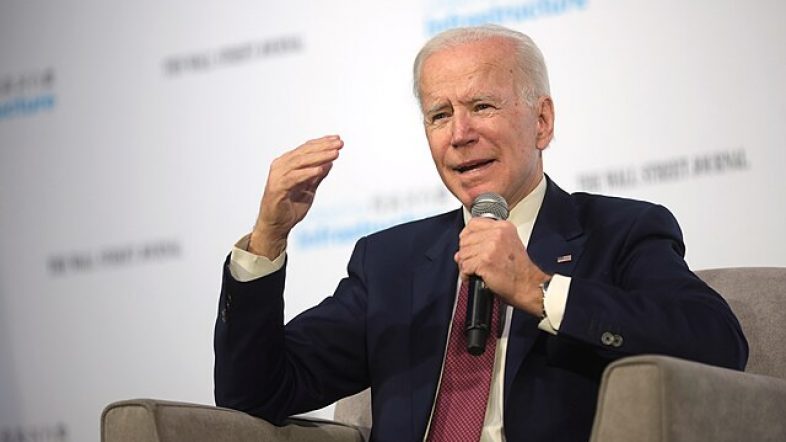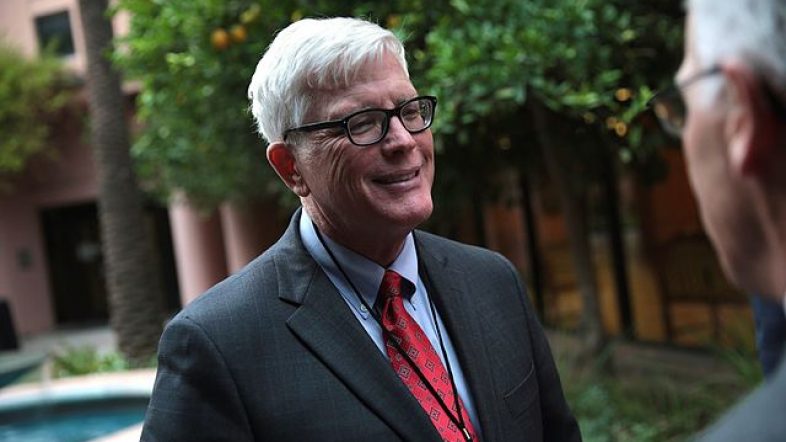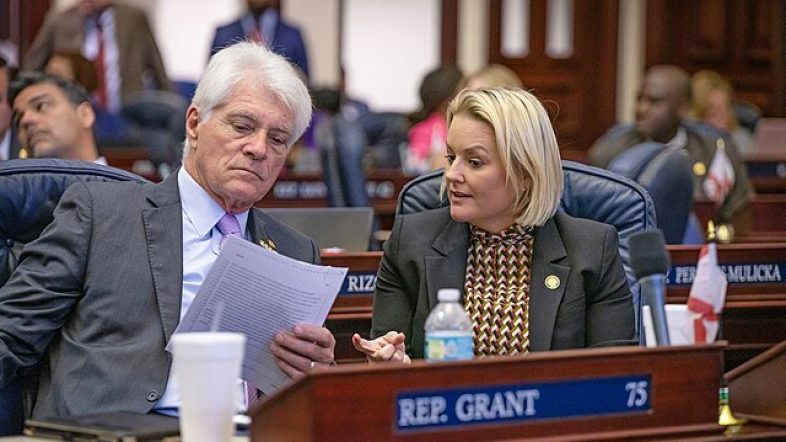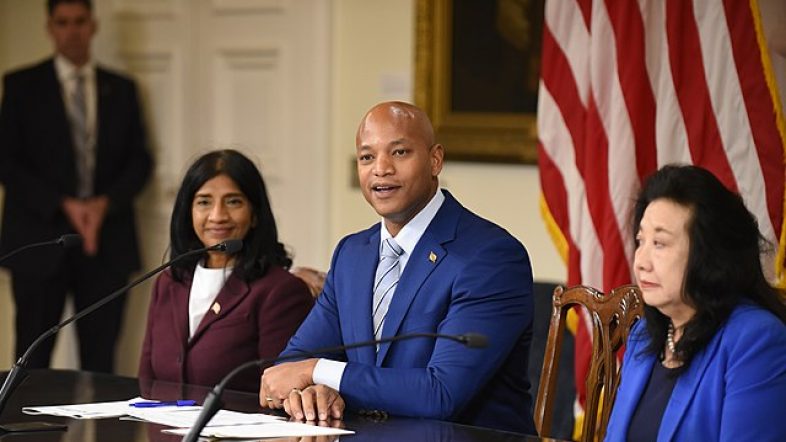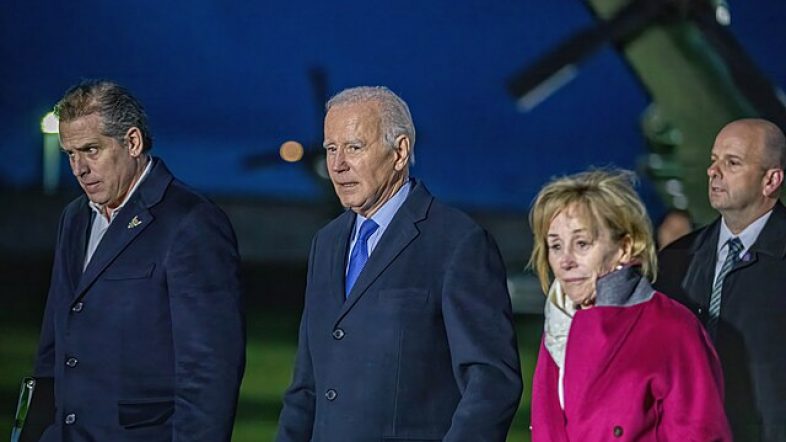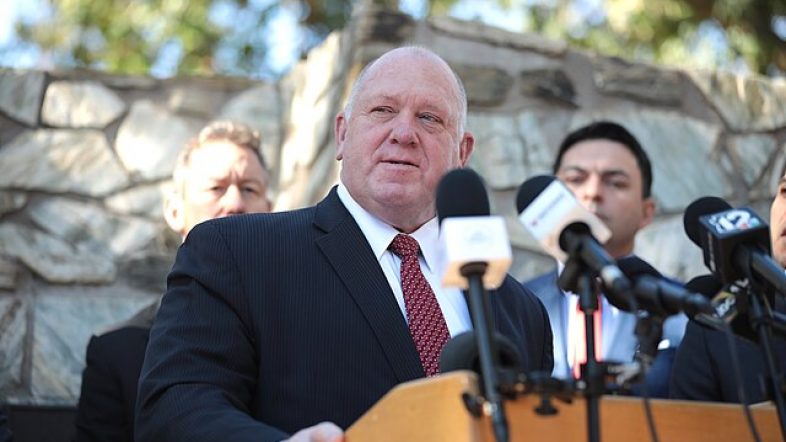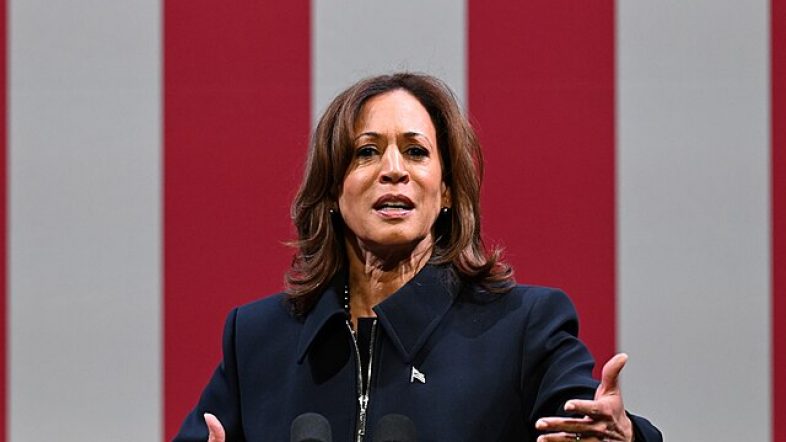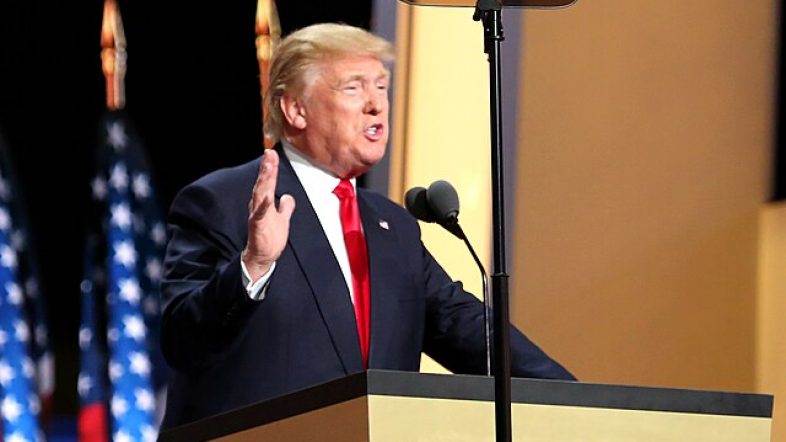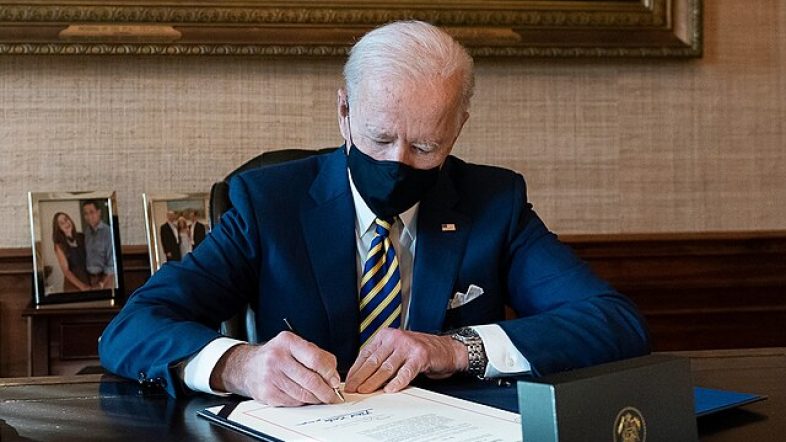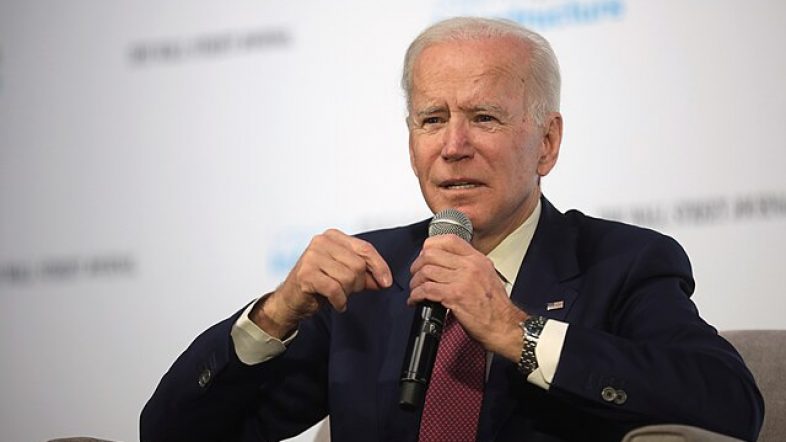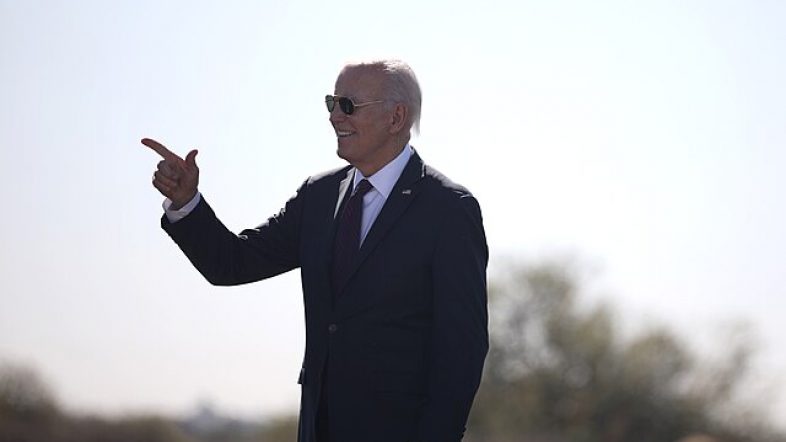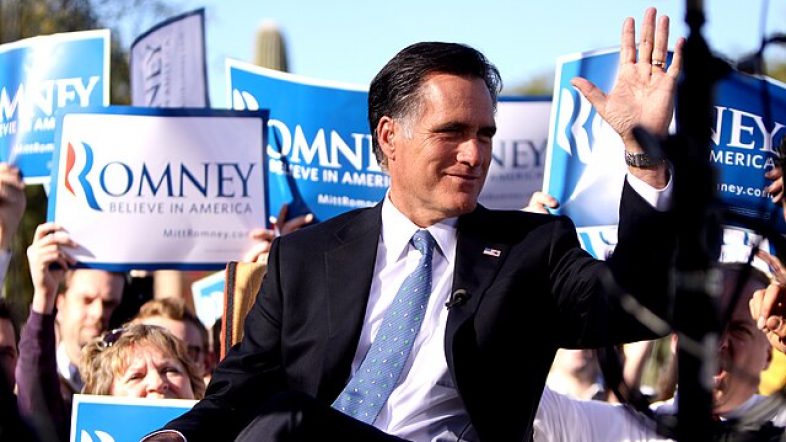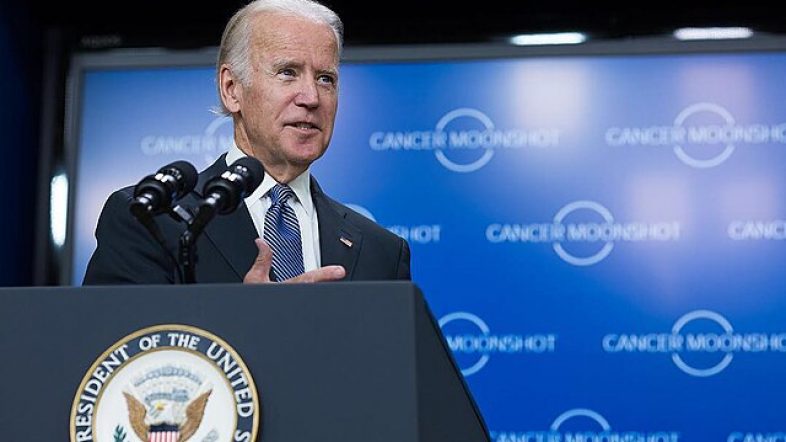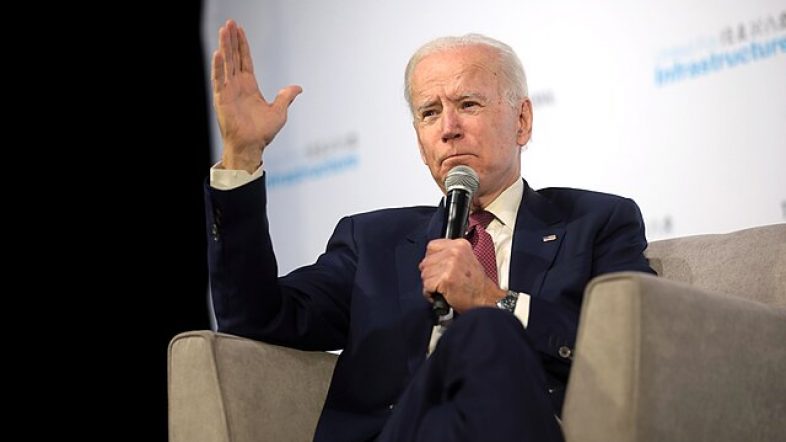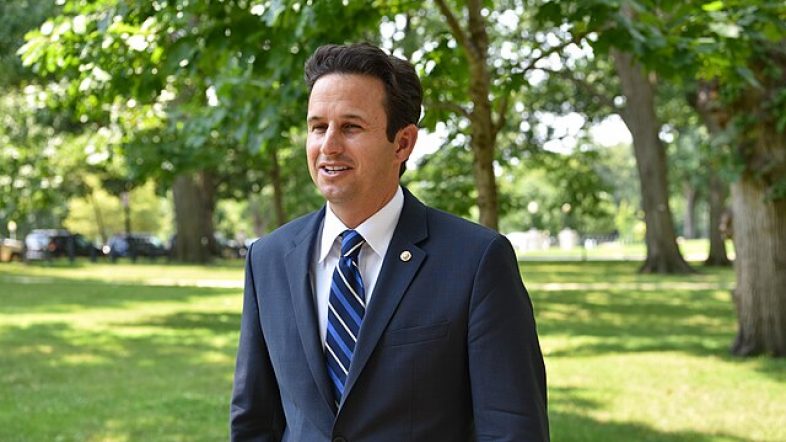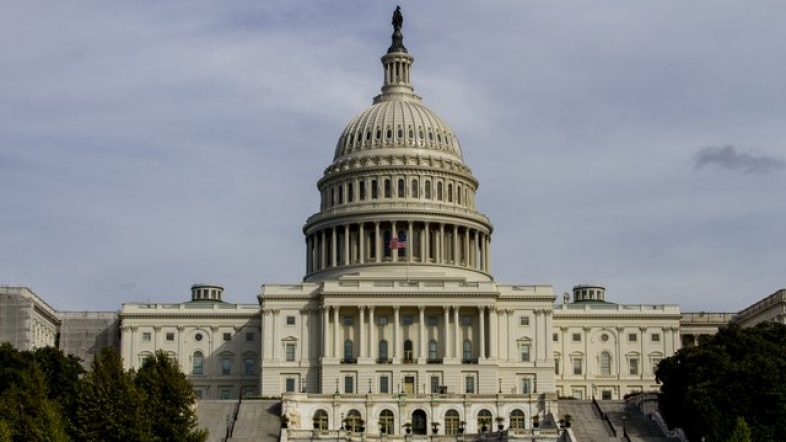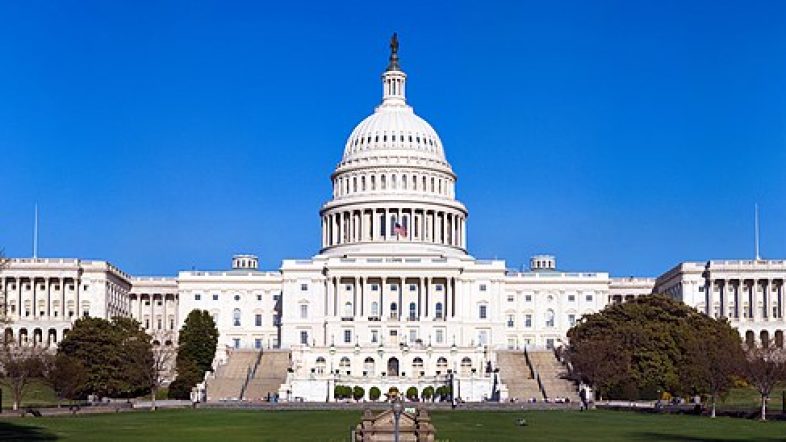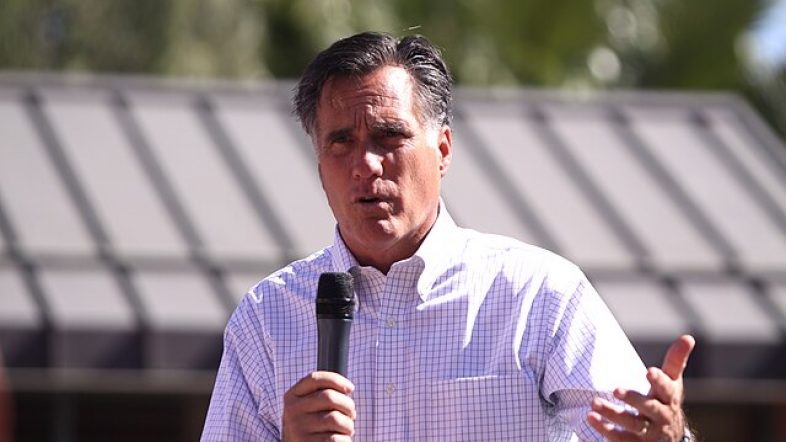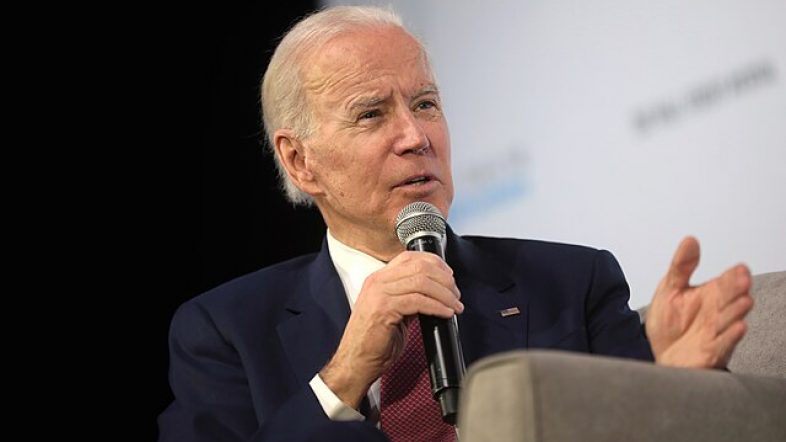President Joe Biden is unlikely to attempt to ratify the pledge his administration made at the recently-concluded United Nations (U.N.) climate summit to transition away from fossil fuels, Republican lawmakers and legal experts told the Daily Caller News Foundation.
The U.S. joined nearly 200 other countries in committing to a pledge to transition away from fossil fuels and embrace green energy on Wednesday, the last day of the conference. Republican lawmakers and legal experts told the DCNF that Biden will not bring the pledge to the Senate for a ratification vote, criticizing its underlying rationale and the administration for unilaterally agreeing to the commitment without attaining the consent of Congress.
The pledge stands as one of two major accomplishments achieved by delegates attending the summit, known as COP28. In addition to the energy transition commitment, the conference also produced pledges from the U.S. and other Western countries to pour a combined hundreds of millions of dollars into a de facto international “climate reparations” fund.
Fossil fuels combined to provide 79% of the energy consumed in the U.S. in 2022, according to the U.S. Energy Information Administration. “The president will refuse to submit a climate agreement to the Senate that phases out fossil fuels. He knows such an agreement won’t pass,” Republican Sen. John Barrasso of Wyoming told the DCNF. “Every reputable forecast shows fossil fuels will be the energy supply of choice for decades. Fossil fuels are affordable, reliable, and the pathway to prosperity for billions of people worldwide.”
Other high-profile deals reached at past U.N. climate conferences, such as the Paris Accords of 2016, were not subjected to a vote in the Senate. The last major climate pledge to face a ratification vote was the Kyoto Protocol in 1997, which the Senate decisively rejected by a 95-0 vote.
“The lesson of the Kyoto Protocol is that this agenda will never, ever obtain approval by the United States Senate,” Chris Horner, a practicing attorney with an extensive background in environmental matters, told the DCNF. “As such the decision was made to, going forward, simply insist that all subsequent such deals were declared ‘not a treaty.’ They were instead, ‘politically binding.’”
“In the Paris run-up, the Obama administration made clear that whatever is agreed to in Paris won’t require two-thirds Senate approval,” Horner continued. “It will not because the president will say it’s not a treaty… ‘Not a treaty.’ Just politically binding, you see.”
The Obama administration used a similar strategy with the Joint Comprehensive Plan of Action (JCPOA), more commonly known as the Iran nuclear deal, according to The Washington Post.
Typically, the treaty ratification process goes as follows: the secretary of State will authorize negotiation before American representatives reach a deal with delegates of other involved parties, which the president will then sign with the approval of the secretary of State. After the president has signed the treaty, the Senate Foreign Relations Committee must assess the deal before bringing it to the Senate floor for deliberation and a vote; two-thirds of the Senate must vote in favor of the treaty in order for it to be enforced by the executive branch, according to the Constitution.
“Nothing the Biden administration may have agreed to at COP28 is at all legally binding on the U.S. At most, whatever agreements Biden made would be mere executive agreements similar to the Paris climate accord, which is basically just non-enforceable executive branch policy,” Steve Milloy, a senior legal fellow for the Energy and Environment Legal Institute and a member of the Trump administration’s Environmental Protection Agency (EPA) transition team, told the DCNF. “Biden’s anti-coal announcements at COP-28 are already in the works at EPA. But they will most likely never be implemented. They will likely be determined to be unconstitutional under the 2022 Supreme Court decision in West Virginia v. EPA.”
The energy transition pledge, which is technically non-binding, calls for “developed” nations to take the lead in embracing green energy rather than “developing” nations. Notably, China and Saudi Arabia, two of the world’s largest economies and emitters, are considered “developing” nations.
“It is irrational to the point of insanity to try to ban fossil fuels, and everybody knows it except apparently the global elites on private jets who gathered at COP28,” Republican Texas Sen. Ted Cruz told the DCNF. “Instead of banning fossil fuels, we should be promoting an all of the above approach that allows the market to innovate and find the best solutions.”
The White House did not respond immediately to a request for comment.
Nick Pope on December 14, 2023






